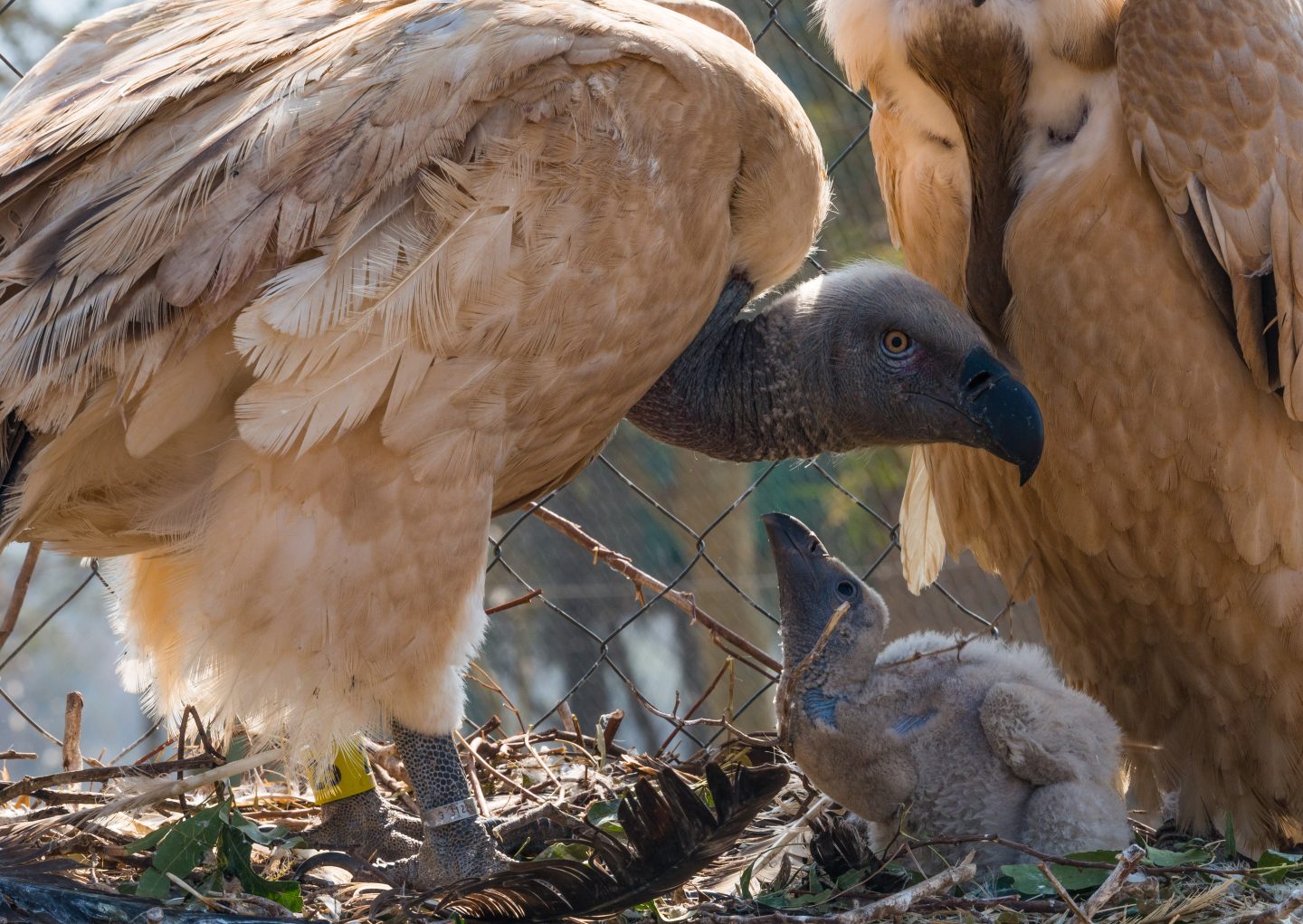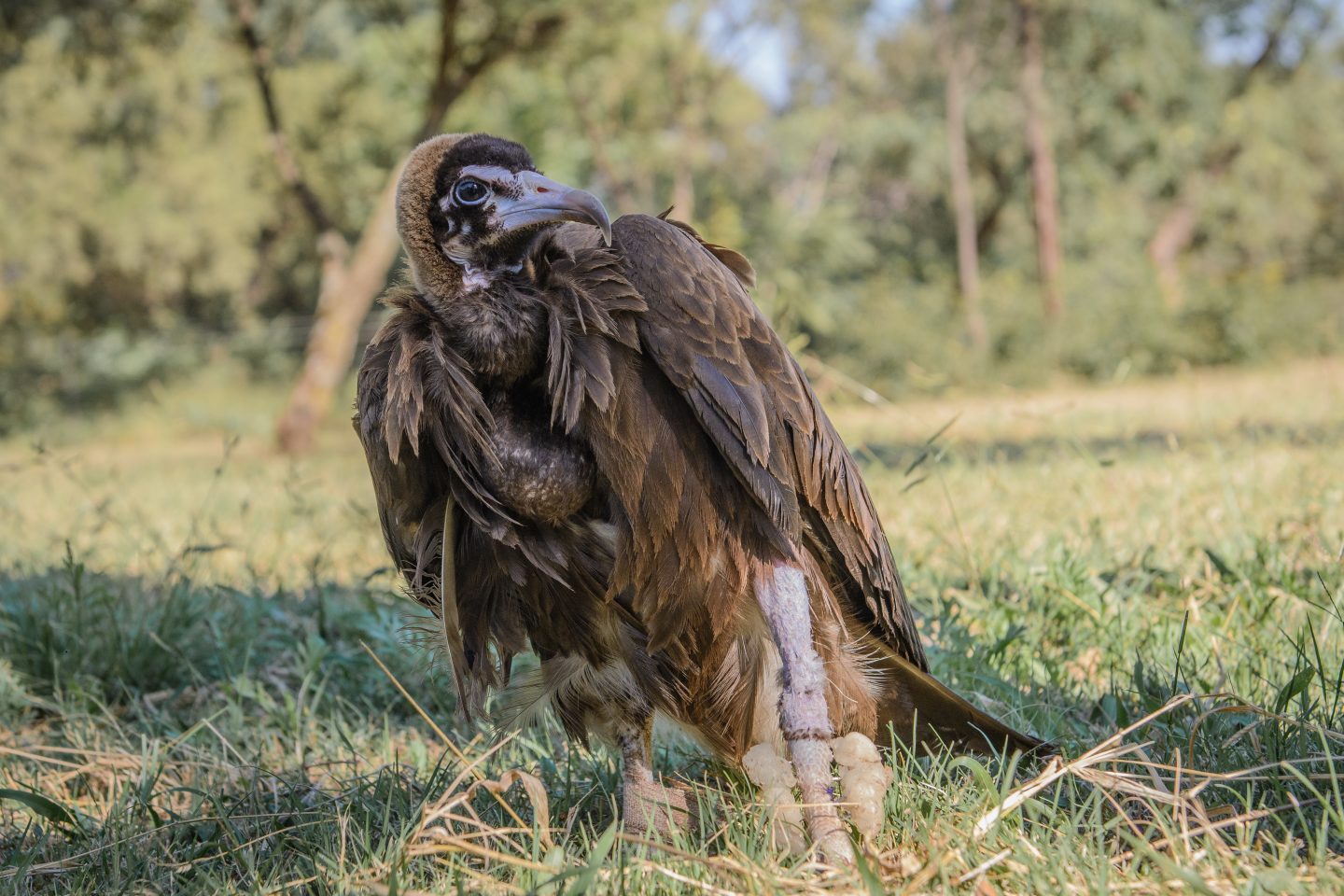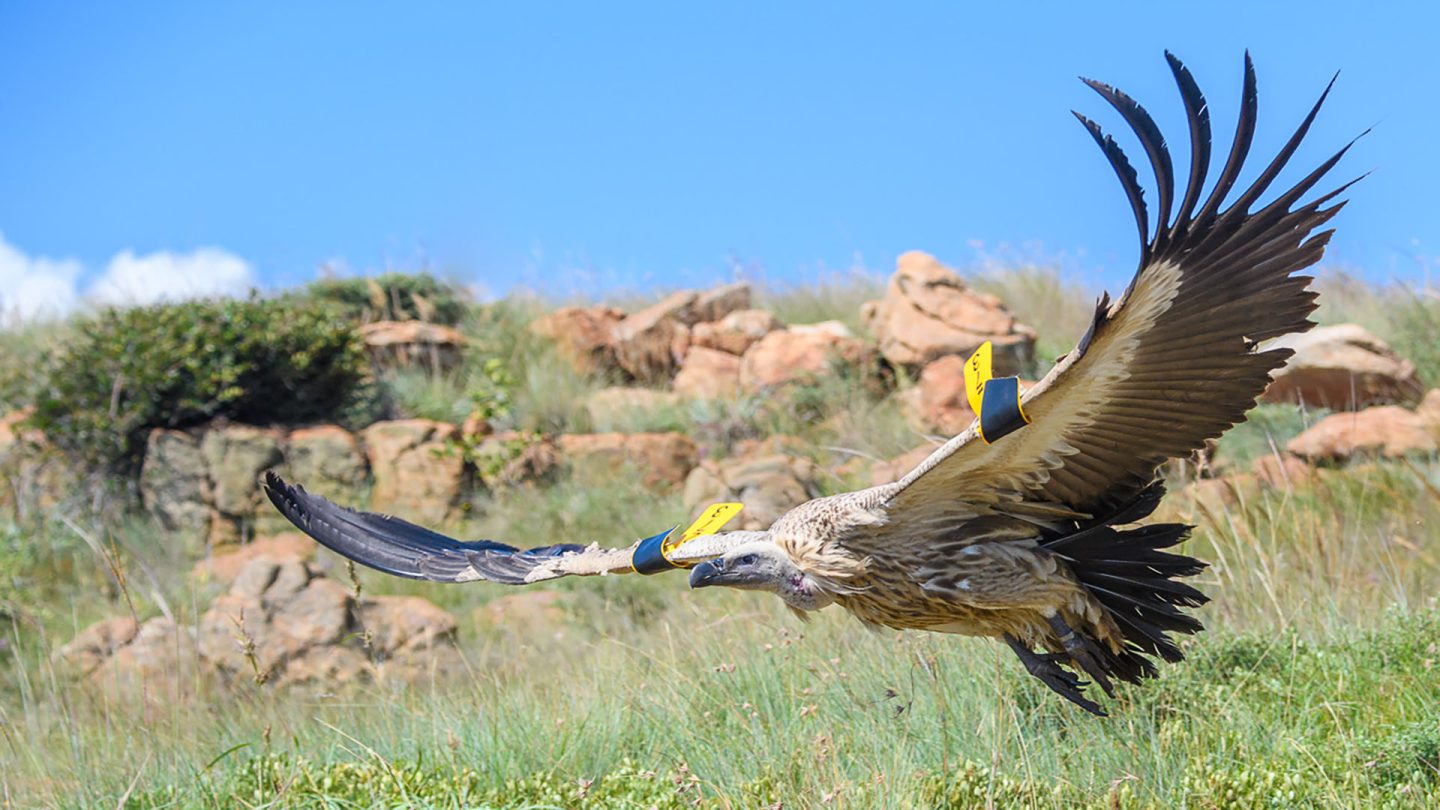
Plans to move the first batch of vultures from VulPro’s Hartebeespoort Dam facility to Shamwari Private Game Reserve have been given the green light, thanks to an approved grant from the Department of Forestry, Fisheries and Environment. This marks a significant milestone, as once completed, the project will be the biggest relocation of vultures ever undertaken.
Shamwari Private Game Reserve, located in the Eastern Cape, is a protected environment covering 250km2. Since 1992, a range of wildlife has been reintroduced, and it is now the first big-five game reserve in the Eastern Cape. Plans have already begun to create a bespoke vulture facility adjacent to its existing Wildlife Rehabilitation Centre.
Tusk is proud to support VulPro, the only vulture conservation facility of its kind on the continent, which is spearheading population restocking and supplementation to address the severe decline in African vulture species.
VulPro CEO, Kerri Wolter, says that the partnership with Shamwari will create a safe area for both in-situ and ex-situ conservation programmes.
”Vultures with their important and efficient ecosystem services are a significant addition to the ethos Shamwari has created in restoring a natural and well-balanced ecosystem. In addition the stability and financial support that Shamwari brings provides sustainability to Vulpro’s breeding programme and the future of vultures in South Africa.”
She explains that the vultures being moved to VulPro at Shamwari are all non-releasable breeding birds. After an initial group of Cape and African white-backed vultures move in January, a second phase will see non-releasable breeding pairs of lappet-faced, white-headed and hooded vultures – as well as some additional white-backed vultures being relocated.
The Cape vulture offspring will be released on Shamwari and will all be fitted with tracking devices. The remaining species’ offspring will be transported back to VulPro’s Hartebeespoort facility where they will be sent to release sites that the National Vulture Breeding Steering Committee has identified as areas where the species needs bolstering and support.
Joe Cloete, Shamwari CEO, says that in conservation terms the project is as significant as anything that has been done on the reserve over the past 30 years.
“Vultures play a vital role in maintaining a healthy ecosystem, are part of our natural heritage and are severely threatened. I cannot overstate how reintroducing Cape Vultures is a critical step in the continuing evolution of our conservation journey and enhancing the ecological importance of the reserve.”
Tusk commends the hard work of Vulpro and all those involved. We look forward to following the relocation process as it gets underway early next year.


